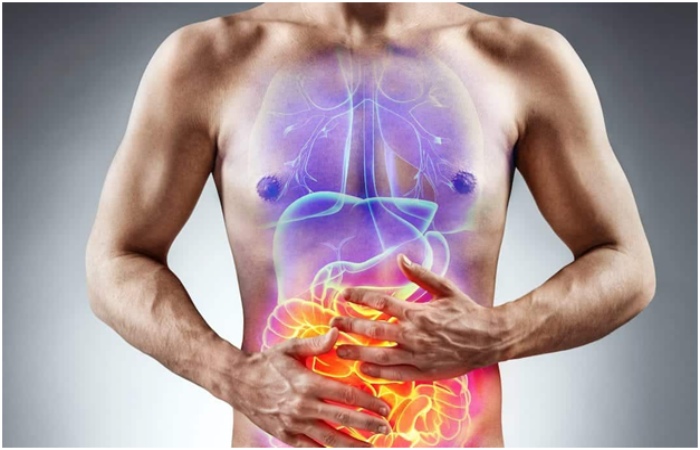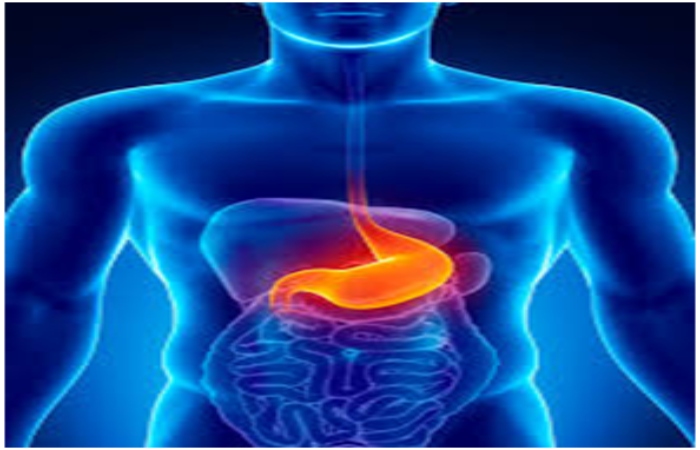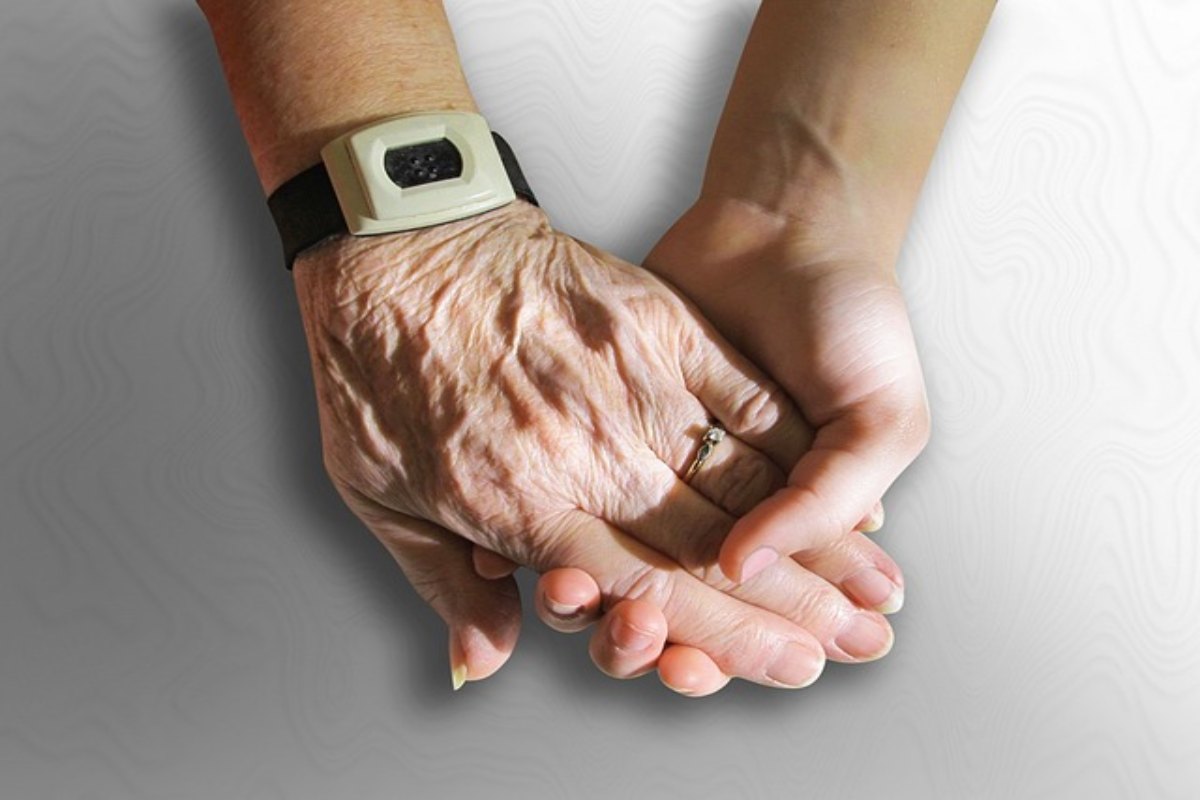Digestive problems are a common issue with many people and can be caused by many different things. Certain foods, medicines, or even lifestyle choices can all cause digestive issues for some people. It is essential to know that there is no one-size-fits-all solution to dealing with digestive problems, and you have to find solutions that work best for your body.
What might work well for one person may not work for another; it takes time and patience to find the right way to manage these issues. In this article, we will be talking about how to deal with digestive problems, some tips for curing them, and what other things you should know.
Table of Contents
Understand the difference between a stomach bug and an upset stomach –

These terms can often get mixed up in people’s heads, but they are very different issues. A stomach bug may last only 24 hours and usually has symptoms like nausea or vomiting as well as diarrhea, while an upset stomach might not have any of those specific symptoms present.
It can be challenging to find if your problem is caused explicitly by something you ate, such as certain foods containing lactose that would cause bloating or gas, so try maintaining a food diary and tracking every food you eat during one week. Doing this may help you identify what foods are causing the issue.
Trying different diets can have a very positive effect on how your digestive Support system functions. For example, there is an elimination diet where all dairy products and eggs are taken out of one’s diet for 30 days to see if this helps with any uncomfortable symptoms. If it does, then they know that these types of food must be avoided for their body in order to feel better.
It will require some time and patience to get the right way of managing these issues, but it will create a huge difference once you do!
What are Digestive problems?

Digestive problems are a common issue with many people and can be cause by many different things. Certain foods, medicines, or even lifestyle choices can all cause digestive issues for some people.
Here are some of the digestive problems that people face:
- Bloating
- Constipation
- Diarrhea
- Irritable bowel syndrome
- Gas
What are some tips to cure digestive issues?

- Stay Hydrated: It is essential to stay hydrated with water or any other type of drink that you find tasty and refreshing. It is also essential to consume enough fluids for the amount of physical activity that you are doing. Drinking water or other liquids can help make you feel better, and it will reduce your chances of becoming dehydrated from dehydration.

- Avoid Certain Foods: There may be certain foods that trigger digestive issues, such as dairy, gluten, spicy food, etc. It is always a good solution to take out these types of foods in order to see how they affect your digestion system and if this helps with any problems associated with them!
- Eat Healthily: A diet rich in vegetables, fruits, whole grains, and low amounts of processed foods can help improve digestive health by replenishing our gut bacteria. You can add probiotics to your diet by taking a supplement, eating yogurt and kefir, or drinking kombucha.
- Stay Active: Exercise helps when it comes to managing stress levels which, as we know, can be a cause for many different types of symptoms, including those involving the stomach/digestive system.
- Take Probiotics: Taking probiotics either through supplements or naturally found in fermented foods such as yogurt supports your body’s natural balance within the microbiome. Consuming this will help digestion from normally occurring without issue.
- Add fiber to your dietary routine: Fiber is a type of carbohydrate that cannot broke down by our bodies. You can find fiber in fruits, whole grains, and vegetables as well, which will all provide many health benefits for your body, including aiding with digestion.

- Chew more: When you chew food thoroughly, it helps the stomach signal to tell the brain when we are full faster. This reduces overeating or over-eating at one time because there was too much gas in the stomach or intestines resulting from not eating slowly enough paced meals/snacks throughout the day.
- Manage Your Stress Effectively: Stress is a huge factor in digestive problems. This could be because the body does not have an efficient way to deal with stress hormones or that there are other health issues from chronic illnesses such as asthma and diabetes, which can trigger digestion-related symptoms.
- Avoid Sugar: Sugar overloads your pancreas by releasing insulin into your bloodstream at higher levels than usual, which may lead to stomach discomfort (bloating) and diarrhea/constipation.
- Ditch bad habits: Smoking cigarettes can lead to stomach ulcers and heartburn. Drinking alcohol may cause diarrhea or constipation, while coffee could worsen bloating, gas, cramping, and other symptoms of irritable bowel syndrome (IBS).
- Avoid Acidic Foods: Both high acid foods/drinks like tomatoes that cooked down for a long time and acidic fruits such as grapefruit might make things worse by irritating your stomach lining, which leads to pain and discomfort.
- Follow healthy hygiene: Make sure you stay on top of your hygiene by washing your hands often and make a conscious effort not to share foods with others, as this can lead to stomach infections. If you have no option other than eating outside food, then make sure the place you are ordering from follows good hygiene.
Seek support if there’s no improvement:

If you are still experiencing stomach pain, vomiting, diarrhea, or constipation despite trying these tips – make an appointment with your doctor. Your goal is to find what works best for your body because there’s no one size fits all solution to managing digestive issues. You can consider heading over to Digbi Digestive Care as the team masters at analyzing your digestive problems and offer proper solutions.
Conclusion:
Digestive problems are a normal part of life and caused by many different things. So remember to follow these tips mentioned above to find a solution that works for your body.



